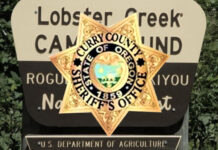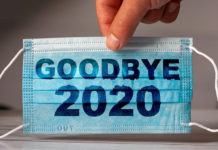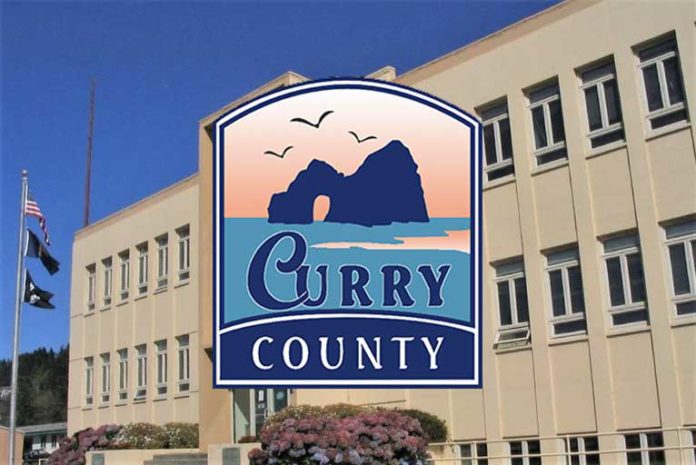Established in 1983 by President Reagan, National Travel and Tourism Week is held annually the first week in May. It’s a time when travel and tourism professionals across the country unite to celebrate the value travel holds for our economy, businesses and personal well-being.
When looking at tourism spending, one must look at the ‘direct’ spending, which represents the employment and earnings made directly by the visitor.
But, the value of tourism doesn’t stop there-there is also ‘indirect’ spending, and ‘induced’ spending. Indirect spending represents the employment and earnings associated with the industries that supply the goods and services to the direct tourism business. Induced impacts are those jobs and earnings that result from the employees spending, such as the groceries purchased by a waitress.
In 2018 travel in the United States generated $2.5 trillion. That same year direct visitor spending in Curry County amounted to $134.5 million. That is an increase in the county of almost 4% from the previous year.
This past year also marked record employment in the tourism industry; since 1992, when the state began tracking the data, Curry County saw it’s highest number of tourism-related jobs (2100 jobs). Nationally tourism employs one in ten persons.
The cities charge a lodging tax which is then used for tourism promotions and general operating expenses. This May, voters will be asked to consider whether visitors should pay a lodging tax in the unincorporated areas of the county. According to the Board of Commissioners Chair, Christopher Pasch, “there are approximately 200 homes being rented to visitors on a short term basis. If the measure passes, and if lodging units outside of the cities were taxed similarly as those in the cities, the county could see some revenue which could be directed to increasing tourism”.
The current proposal would institute a tax of 7% on any rent or consideration rendered for the sale, service or furnishing of transient lodging in the unincorporated areas of the county. The tax would be computed on the total retail price paid by a person for occupancy of the transient lodging. The person/lodging establishment collecting the transient lodging tax may withhold a collection reimbursement charge of 5% of the amount collected.
If the measure passes, at least 70 percent of the net revenue from the new or increased local transient lodging tax shall be used for tourism promotion, or, finance or refinance the debt of tourism-related facilities and pay reasonable administrative costs. Half of the 70 percent collected would be used to improve the event center in Gold Beach, and the remaining half of the funds would be subject to the review and approval by a tourism committee.
If the measure fails, a tax would not be assessed, and the event center would not improve its facilities as planned, and a new timeframe and funding plan would need to be developed. Current tourism promotions would remain status quo.
A lodging tax was proposed in 2015 and failed by 371 votes.
Dean Runyan Associates prepares the Economic Analysis for Travel Oregon.
Please Like, Share and Follow the …


















